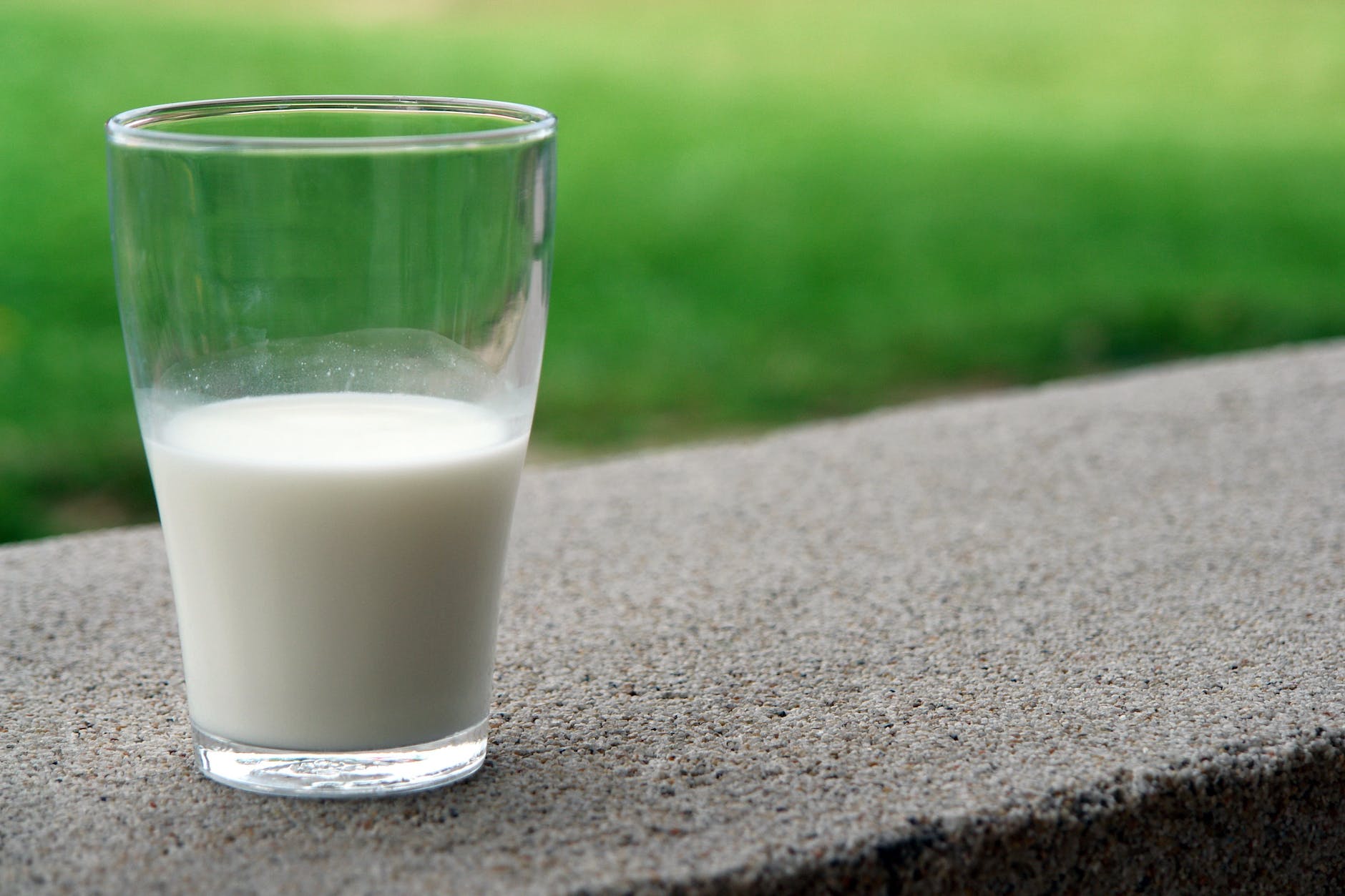When it comes to weight loss, we often seek out natural remedies and simple solutions to support our journey. In this post, we’re diving into the combination of baking soda and apple cider vinegar and how it can be a powerful addition to your weight loss equation. Get ready to uncover the potential benefits of this dynamic duo and learn how to incorporate them into your daily routine for effective weight management. 🥄🍎🍃💪
🥄 Baking Soda for Weight Loss: Baking soda, also known as sodium bicarbonate, is a versatile ingredient that has been used for various purposes, including cooking, cleaning, and personal care. But did you know that it may also have benefits for weight loss? Baking soda can help create an alkaline environment in the body, which may aid in digestion and metabolism. By maintaining a balanced pH level, baking soda can optimize the function of digestive enzymes, facilitating the breakdown of food and nutrient absorption. This, in turn, can support healthy digestion and contribute to weight management. Additionally, baking soda’s alkaline nature may help reduce acidity and inflammation in the body, which are often associated with weight gain and other health issues. However, it’s important to note that baking soda should be used in moderation and under the guidance of a healthcare professional, as excessive consumption can lead to imbalances in electrolytes and other health concerns. 🥄🌿💚
🍎 Apple Cider Vinegar for Weight Loss: Apple cider vinegar (ACV) is a fermented liquid made from crushed apples. It has gained popularity for its potential health benefits, including weight loss support. ACV is believed to have properties that can promote satiety, regulate blood sugar levels, and enhance metabolism. The acetic acid in ACV may help suppress appetite, reduce fat storage, and improve insulin sensitivity. By reducing cravings and stabilizing blood sugar levels, ACV can support healthy eating habits and prevent excessive calorie intake. Additionally, ACV’s natural probiotics can support a healthy gut microbiome, which plays a vital role in digestion and nutrient absorption. A healthy gut environment can contribute to efficient metabolism and overall weight management. It’s important to note that while ACV shows promise in weight loss, research is ongoing, and individual results may vary. It’s recommended to use organic, unfiltered apple cider vinegar with the “mother” for maximum potential benefits. However, it’s crucial to dilute ACV properly and start with small amounts to avoid potential side effects like tooth enamel erosion or irritation of the digestive system. 🍎🌿🍃
✨ The Power of Baking Soda and Apple Cider Vinegar Combination: When combined, baking soda and apple cider vinegar create a fizzy reaction that can have potential benefits for weight loss. This combination is believed to enhance the individual effects of each ingredient and provide a synergistic effect. Here’s a simple recipe to try:
- In a glass, add 1/2 to 1 teaspoon of baking soda.
- Slowly pour in 1-2 tablespoons of apple cider vinegar.
- Allow the mixture to fizz and settle.
- Fill the glass with water and stir well.
- Optionally, you can add a squeeze of lemon juice or a sprinkle of cinnamon for added flavor.
This concoction can be consumed once a day, preferably on an empty stomach or before meals. The timing of consumption may vary depending on individual preferences and tolerances. It’s important to note that the reaction between baking soda and apple cider vinegar creates carbon dioxide gas, which may cause bloating or discomfort for some individuals. Start with small amounts and listen to your body’s response.
Incorporating this combination into your weight loss routine may offer potential benefits, but it’s important to remember that it should be just one part of a comprehensive approach to weight management. A balanced diet rich in whole foods, regular exercise, proper hydration, and adequate sleep are crucial for achieving and maintaining a healthy weight.
Consult with a healthcare professional or registered dietitian before incorporating baking soda and apple cider vinegar into your routine, especially if you have any pre-existing health conditions or are taking medications.












